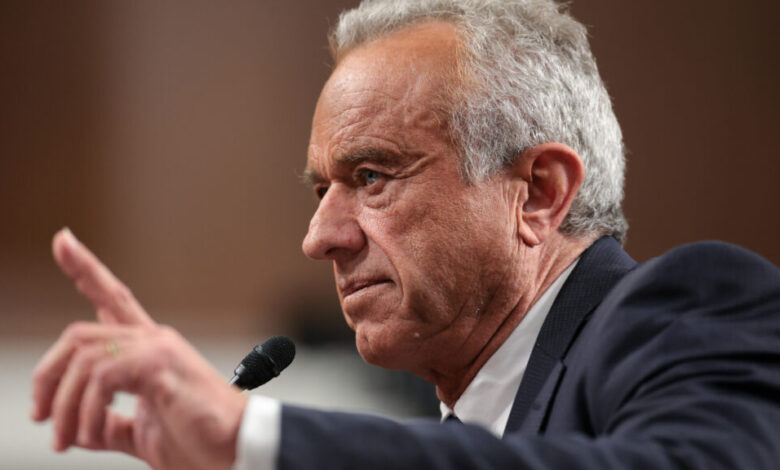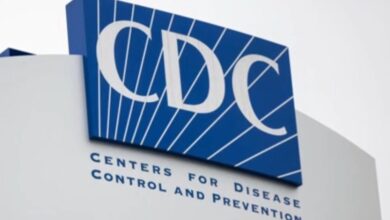CDC, Supreme Court x ACA, autism advocacy

It’s clear that the Trump administration’s policies are having far-reaching effects on various aspects of health and medicine in the United States. From the Supreme Court potentially upholding a key ACA mandate to the NIH banning new funds to institutions with DEI programs and Israel boycotts, the landscape is changing rapidly. The stances on autism and the increase in psilocybin use among Americans with mental health conditions are also causing significant shifts in the advocacy and treatment of these conditions. Additionally, the Democratic senators pushing back against cuts to tobacco divisions at the FDA and CDC highlight the ongoing struggles within the federal government to regulate and enforce regulations on tobacco products.
As we navigate these changes and challenges, it’s important to stay informed and engaged in these critical issues that impact the health and well-being of individuals across the country. Stay tuned for more updates and developments in the world of health and medicine.
The upheaval at the FDA and CDC’s tobacco divisions has caused quite a stir in the public health community. Former director of the CDC’s tobacco division referred to it as “the greatest gift to the tobacco industry in the last half century.” This statement underscores the importance of strong leadership and oversight in regulating tobacco products and promoting public health.
One area of concern in the realm of public health research is the duration of clinical trials on diet and nutrition. A recent First Opinion piece by researchers David Ludwig and Mary Putt highlighted the limitations of short-term studies in providing meaningful conclusions. They argue that studies lasting just two weeks are not sufficient to draw accurate and reliable conclusions about the impact of different diets on chronic health conditions. Longer trials spanning two years are needed to truly understand the effects of various diets on health outcomes.
The Nutrition for Precision Health program, which aims to study the association between diet and chronic health, should reconsider its approach and focus on funding larger, long-term trials. Ludwig and Putt emphasize that short-term trials can be misleading and may not accurately reflect the true impact of certain diets on health. By investing in longer trials, the program can provide more valuable insights into the relationship between diet and chronic health conditions.
In other news, the shift in drug trends from fentanyl to meth in Maine is a concerning development. As fentanyl-related deaths decrease, the rise of methamphetamine use poses new challenges for public health officials. Additionally, a personal story of cancer survival offers hope and inspiration to others facing similar challenges. The cancellation of research grants related to misinformation and disinformation by the National Science Foundation raises questions about the future of research in this critical area.
Intensive lowering of blood pressure has been linked to a lower risk of dementia, highlighting the importance of managing cardiovascular health for cognitive function. Harvard’s legal action against the Trump administration over funding freezes underscores the ongoing challenges faced by academic institutions in securing research funding. The debate over the use of cameras in eldercare facilities raises important ethical considerations surrounding privacy and patient care.
Overall, the latest developments in public health research and policy reflect the complex and evolving nature of the field. By addressing key issues such as the duration of clinical trials and responding to emerging trends in drug use, public health officials can better protect and promote the health of communities.




